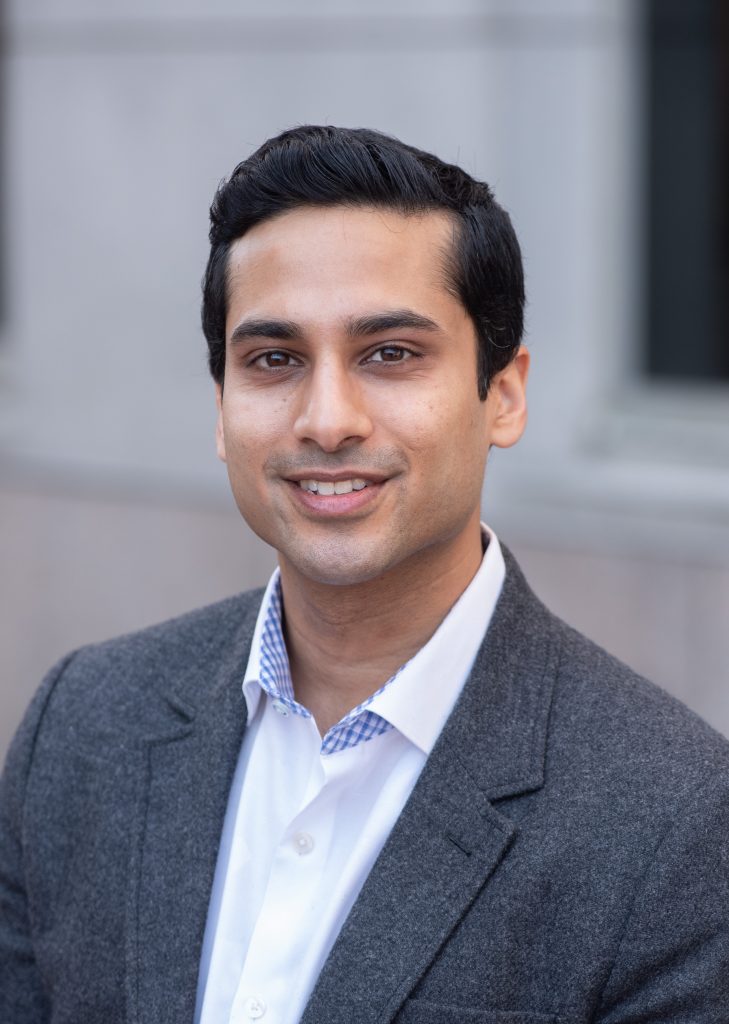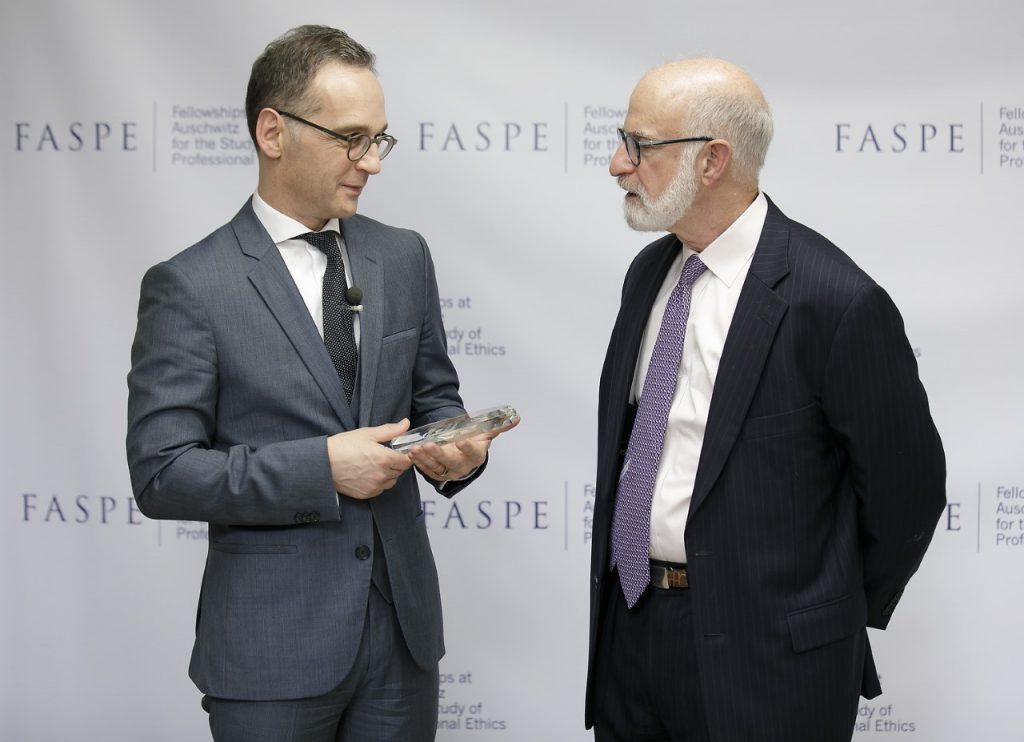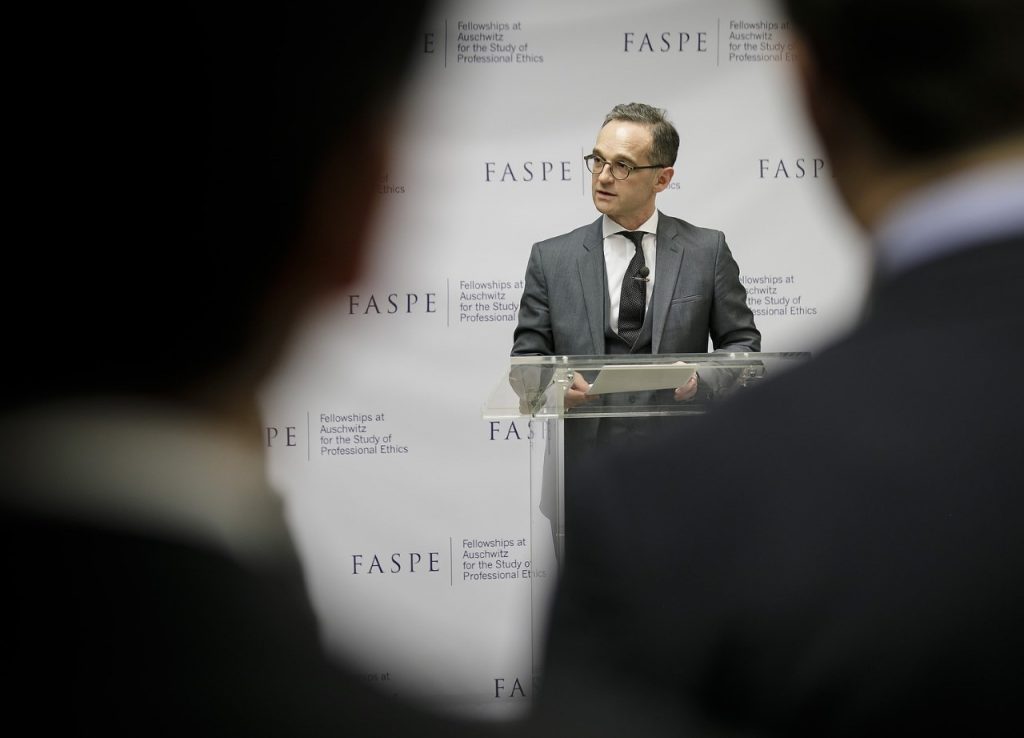When does professional ethics require bending ethical norms and traditions?
By FASPE Chair David Goldman
I write from Poland, in the shadow of the sites of industrial murder. It is Poland where, in October of last year, voters rejected the far-right government that was trading on homophobia, the rejection of democratic systems of justice and a free press, and prejudice cynically promoted in the name of religion.
I have also just spent weeks in Germany with the 2024 cohorts of FASPE Fellows, exploring memory in the shadow of Nazi crimes. Germany is a country that now, with the rise of a growing far-right political party trading on racism, Islamophobia, and nationalistic anti-immigrant mania, finds itself in the throes of a consuming fear. And this, for Germans, is in the all too familiar name of preserving national character and culture.
Each of these efforts in far-right extremism, intended to promote anti-democratic control through fear and distrust, raises a basic FASPE theme: the responsibility of professionals, as influential leaders, not just to promote ethical norms and values but to take responsibility to lead the fight against those who attack ethical norms and values. The more difficult question that each raises is whether (and when) that responsibility may require violating traditional ethical rules and norms as a means of defending those same ethical principles. In other words, how far should the ethical professional go in standing up to the degradation of ethical values?
And, that is the question that is debated in earnest throughout Europe where far-right extremism is rising.
Before asking the question in the American context, consider examples from Germany, which is currently under threat from such extremists:
- We see that some in the German free press, the journalists, are actively and often unabashedly calling out the extremists, rejecting “bothsideism” and simplistic, potentially obfuscating, journalistic objectivity.
- We see legal scholars and judges actively calling out the extremists and the threats that they pose, not hiding behind traditions of blind objectivity.
- We see some in church leadership actively rejecting not just the far-right extremists’ policy and language, but even formally disallowing far-right extremists from church leadership.
In other words, as it would seem in this context, true professional ethics, and committed ethical leadership, sometimes requires rejection of ethical norms and expectations–in the name of a greater ethical calling. Can they really afford to give even an inch to these extremists?
Read more
On the other hand in the US:
- American journalists, while certainly recognizing the lies that are euphemistically called alternative facts or conspiratorial truths, provide voice to the lies and even agree, for example, to rules of political debate that prohibit fact-checking.
- In the spirit of long-established “rules” that assume self-regulation, American legal scholars and judges at the highest level accommodate objectively unethical behavior at the very highest level in the spirit of long-established “rules;” and lawyers act as mouthpieces for the worst kinds of liars, spewing the same anti-democratic and anti-justice lies as their clients.
- Church leaders ignore patently irreligious and immoral behavior.
Timothy Snyder wrote in his 2017 book On Tyranny about American naivete in thinking that those things cannot happen in America. Whether Snyder is correct–either about the threat to democratic values posed by the extreme right or about American complacency–can be debated. In any case, however, FASPE argues that the professionals must take a leadership role in ensuring our ethical values. Sometimes such bold defense may mean taking positions that may feel uncomfortable or untraditional. That discomfort is the price of ethical conduct.
Vigilance in the face of threats to fundamental principles that include democracy, a free press, and an independent non-political judiciary must take priority; and our professionals must be willing to face uncomfortable challenges, perhaps taking guidance from the German professionals who know what can happen.
"Considering Professional Ethics" is a monthly essay shared in the FASPE e-newsletter.
Click here to sign up for future newsletters.
Comments are reviewed and approved before being published to reduce spam on posts.
Please note that your comment will not be immediately visible for this reason.




